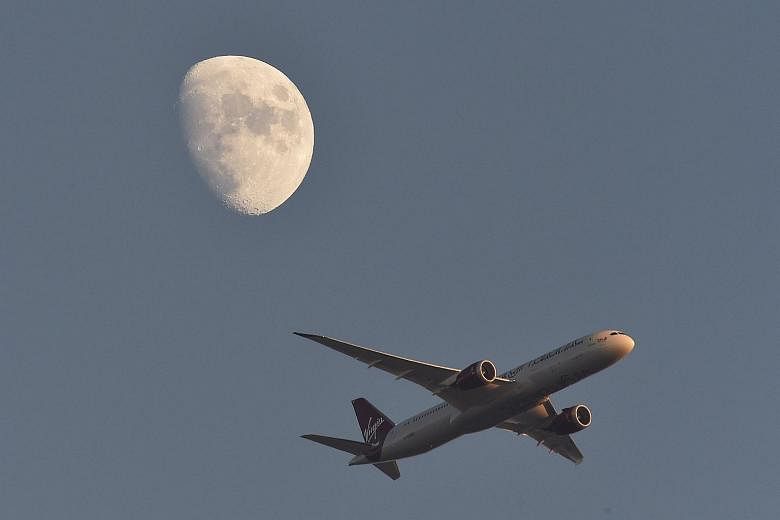Exposing people to short, timed flashes of light while they sleep could keep jet lag at bay, according to the latest study hoping to combat insomnia or inappropriate sleeping times that can plague travellers.
Researchers from the Stanford University School of Medicine in the United States found that a sequence of 2-millisecond flashes of light, similar to a camera flash, could delay sleep by two hours.
This works by tricking the brain's biological clock into adjusting to an awake cycle even when a person is asleep - a kind of "biological hacking" that fools the brain into thinking the day is longer, said Assistant Professor Jamie Zeitzer, senior author of the study, in a statement by the university.
Prof Zeitzer believes the new finding could offer a more efficient way to adjust to time changes, compared with other methods used today, such as sitting in front of bright lights for hours at a time during the day prior to taking a trip.
An earlier study by the team found that light exposure to prevent jet lag is, in fact, more effective at night than in the day. And their study on 39 volunteers now shows it is better to do so in short flashes, instead of continuous exposure.
Volunteers exposed to continuous light for an hour had sleep delayed by only 36 minutes, while those exposed to a sequence of flashes of light 10 seconds apart for an hour had a nearly two-hour delay in the onset of sleepiness. The results were published in the Journal Of Clinical Investigation on Monday.
While the body will eventually adjust to a new time zone on its own, it does so at a slow pace of about one hour a day. Light therapy is designed to speed up this process, said Prof Zeitzer. He said that the method could be used to solve all kinds of sleep-cycle disruptions - from those suffered by medical residents to night-shift workers.
Samantha Boh

